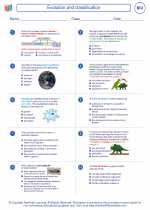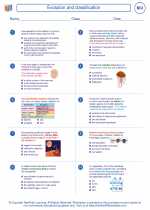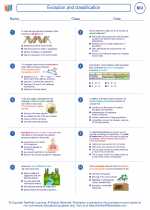Volcanic Activity
Introduction
Volcanic activity refers to the processes and phenomena associated with the eruption of magma, gases, and ash onto the Earth's surface. This natural phenomenon can have significant impacts on the environment, landscapes, and human populations.
Causes of Volcanic Activity
Volcanic activity is primarily caused by the movement of tectonic plates beneath the Earth's surface. When these plates shift and collide, they can create conditions that lead to the formation of magma chambers and subsequent volcanic eruptions.
Types of Volcanoes
There are several types of volcanoes, including shield volcanoes, stratovolcanoes, and cinder cone volcanoes. Each type has unique characteristics and eruption patterns.
Volcanic Eruptions
Volcanic eruptions can be explosive or effusive, depending on the viscosity and gas content of the magma. Explosive eruptions are characterized by the sudden release of pressure, leading to the ejection of ash, gases, and volcanic debris. Effusive eruptions involve the relatively calm outpouring of lava onto the surface.
Effects of Volcanic Activity
Volcanic activity can have both immediate and long-term effects on the environment and human populations. These effects include the formation of new landforms, release of harmful gases, destruction of habitats, and potential impacts on climate patterns.
Study Guide
- What are the primary causes of volcanic activity?
- Describe the different types of volcanoes and their characteristics.
- Explain the differences between explosive and effusive volcanic eruptions.
- Discuss the potential effects of volcanic activity on the environment and human populations.
- Compare and contrast the impact of volcanic activity on different regions of the world.
Understanding the mechanisms and impacts of volcanic activity is essential for comprehending Earth's geological processes and their influence on the planet's ecosystems and human societies.
.◂Biology Worksheets and Study Guides High School. Evolution and classification

 Worksheet/Answer key
Worksheet/Answer key
 Worksheet/Answer key
Worksheet/Answer key
